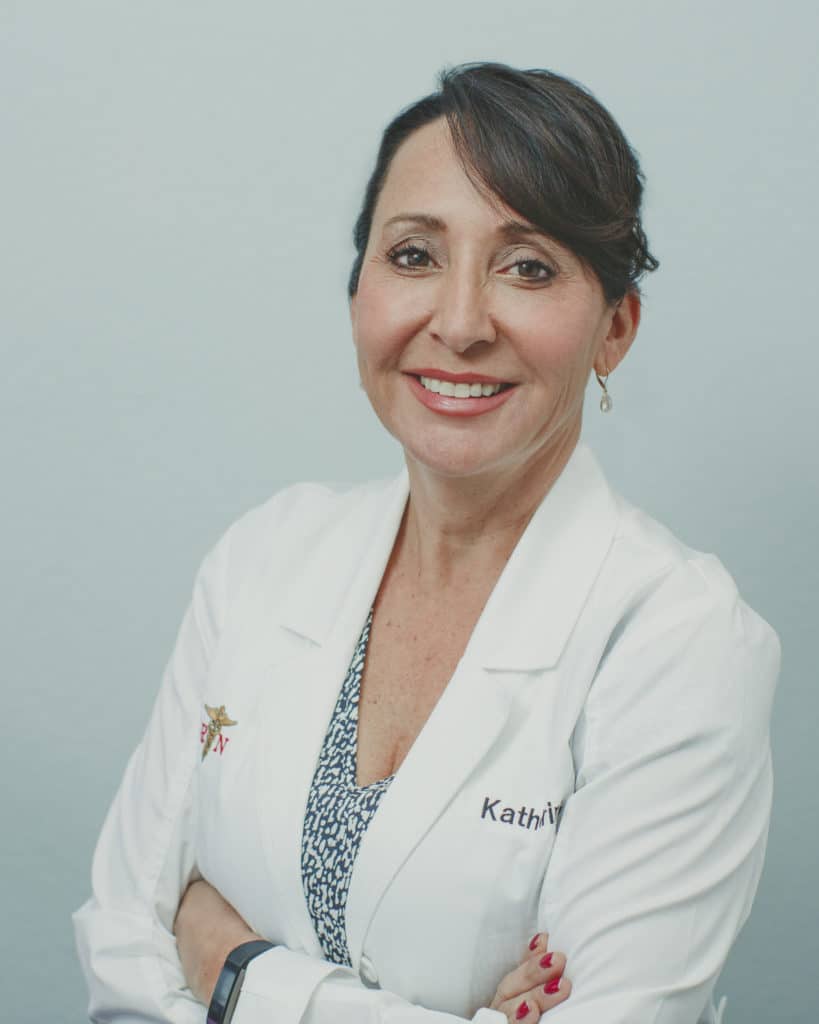Read Time: 4:00 Mins.
“I was one of those people who got a doctor’s recommendation to buy pot because I wanted to buy pot, not because I had a medical condition,” admits Clementine, 55, a Los Angeles editor. “I do occasionally have pain in my elbows because I do so much typing, so I told the doctor I had tendonitis.”
Clementine had renewed her yearly “doctor’s note” several times under Proposition 215, the 1996 California law that granted patients the right to use medical marijuana with a doctor’s recommendation. But once the Medicinal and Adult-Use Cannabis Regulatory Safety Act went into effect, on Jan. 1, 2018, she let her recommendation lapse. Apparently, she is not the only one. Three Wells Chief Medical Officer Deborah Malka, M.D., Ph.D., says that as of that date, she informed her renewal patients that they were no longer required to have a recommendation – and roughly half of them declined to renew.
A similar dynamic appears to be unfolding beyond the Golden State. Take Colorado, where adult-use stores opened their doors in 2014. According to a Colorado National Public Radio story, by mid-2018 doctor’s recommendations were down 40% in the densely populated Denver and Arapahoe counties, with the state’s medical marijuana registry as a whole declining more than 20%.
Why Renew Your Medical Marijuana ID Card?
“Why should I bother to renew,” Clementine asks, “when I can just walk into a dispensary and buy anything I want.” In fact, she can’t buy anything she wants. Someone with a doctor’s recommendation can buy more – and more potency – than she can.
Per the California Cannabis Portal FAQ:
“If you are 21 or older you can buy and possess up to one ounce (28.5 grams) of cannabis…If you are 18 or older and have [a] current qualifying physician’s recommendation…you can possess up to eight ounces of dried cannabis….
“Non-edible cannabis products shall not contain more than 1,000 milligrams of THC per package if intended for sale only in the adult use market. Non-edible cannabis products shall not contain more than 2,000 milligrams of THC per package if intended for sale only in the medicinal market.”
Tax Relief
Clementine is also not alone in her misunderstanding of the tax savings she could be reaping. A recent visit to the Pottery, in L.A., found adult-use customers paying 34.5% tax. Customers with a doctor’s recommendation pay only 22% tax. This can result in significant savings, especially for seniors on a fixed income. Moreover, the imprimatur of a cannabis-friendly doctor will enable you to grow up to six mature or 12 immature plants; adult-use home growers are limited to six immature plants.
In some circumstances, bona fide patients may even receive gifts and giveaways, a bonus unavailable to adult-use consumers. Why, then, are people like Clementine driving cannabis doctors out of business? One answer is the lack of reliable information.
Why Not Renew?
Consider those Californians who did not consume cannabis until it was legal for adult use, throngs of whom were seen lined up at adult-use dispensaries on “opening day.” Many of them don’t know the first thing about obtaining a doctor’s recommendation – and have little desire to investigate, let alone act.
Clementine and her ilk, who do know about obtaining one but let theirs expire, may go to the trouble of renewing once they understand the benefits a recommendation confers. But this information is not readily available either. Even people who work in the cannabis industry aren’t certain what a doctor’s recommendation does and does not entitle a patient to obtain.
Then there’s the cohort who once had a recommendation and understand the benefits but still aren’t renewing. For these folks, “renew doctor’s recommendation” is one of those items likely to fall off the to-do list. As posited in the Los Angeles Times: “… [for] the casual user, the cost and effort needed to get the card probably won’t be worth the savings.…”
The Ultimate Recommendation
But there are patients like Missy, 48, the owner of a San Luis Obispo creative agency, who holds an official State of California Medical Marijuana Identification Card (MMIC). She suffers from chronic pain, having separated her shoulder in a motocross accident.
She got a recommendation from her primary-care provider, paid a fee of $71 – nearly double what many storefront clinics charge for a garden-variety rec – and had to visit a county office to have her photo snapped for the card. “I need more cannabis during the winter, and especially if I’m traveling, which I do frequently, I’ll buy higher quantities to make sure I have what I need,” she says of her motivation to jump through the MMIC hoops. She also likes the relative security a state-issued card affords her in the event she’s found to have cannabis in her possession.
Plus, if Missy were to walk into the Pottery dispensary, she would be charged no tax whatsoever. However, a dispensary representative says they have never had an MMIC holder in the store, a typically bustling operation on L.A.’s busy Venice Boulevard.
Mandatory Recommendation Tied to Your Zip Code?
If MMIC holders are that rare and patients who are not MMIC holders can pick up their “prescriptions” at adult-use shops, are physician-issued recommendations going the way of the dodo? Critically, a doctor’s recommendation allows you to shop in medical-only establishments – the only game in town if you live in one of the many California towns that do not sanction adult-use retail but do permit medical dispensaries or delivery.
Dr. Malka notes that some of her renewing patients live in precisely those areas. Or they’ve come to rely on products found only in medical outlets. Others are between 18 and 21 or live in a restricted environment – senior assisted-living facilities, for instance, where recommendations are required.
Beyond the Recommendation
Formerly the medical director for MediCann, a group of clinics that has served nearly half a million patients, Dr. Malka sees value in consulting a doctor for reasons beyond the recommendation. “Many patients don’t know what they don’t know,” she says. “I can’t tell you how many just go to a dispensary because they can but then get less-than-desirable advice on what to buy, which actually undermines their success in using medical cannabis.”
“I’m unusual in that I give patients delivery and dosage advice,” she continues. “They want a follow-up on how to use their medicine. That’s become the most important reason to see a doctor. Having the piece of paper isn’t the main impetus anymore because in most cases, it’s no longer necessary.”
Wondering if you should obtain or renew a doctor’s recommendation? For medical marijuana patients, there are distinct advantages in renewing your recommendation card. Other than the ten states that permit adult-use consumption, a marijuana medical card is a necessity.
Are you planning on renewing your card? Why or why not? Start a conversation on one of our social channels and see who else is wondering.
Julia Rubiner is an adult-use cannabis consumer of a certain age. She is also the proprietor of the Herbal Verbalist, a Los Angeles copywriting consultancy, and a card-carrying member of the California Cannabis Industry Association.




